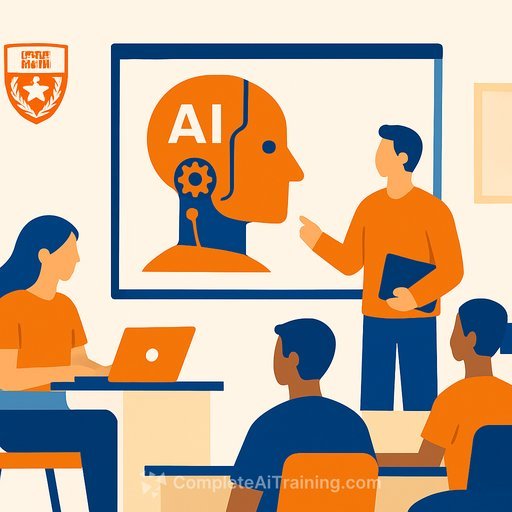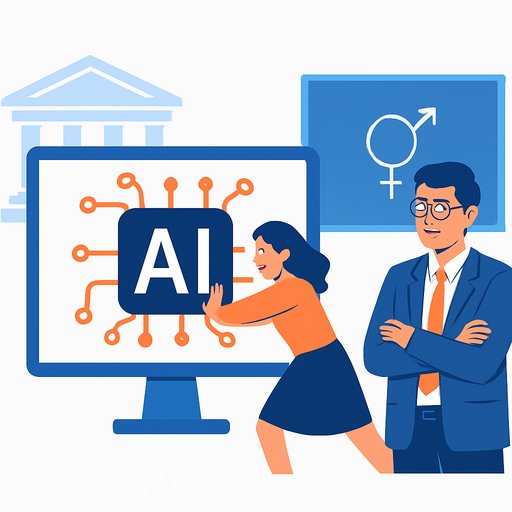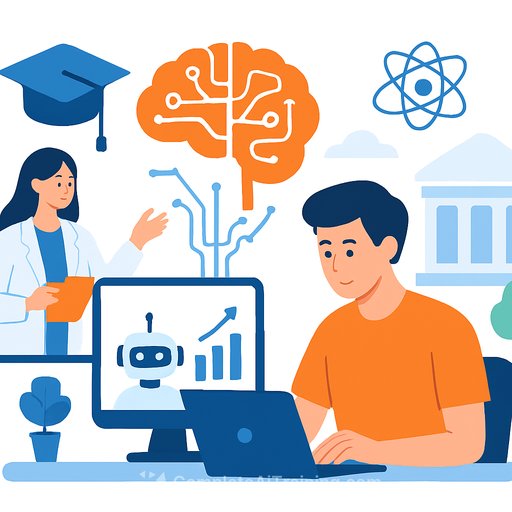CXC Pushes Responsible, Ethical AI Use in Education Assessment
The Caribbean Examinations Council (CXC®) met with over 300 educators, students, employers, and other stakeholders in Guyana from Oct 8-11 to discuss standards and guidelines for using Artificial Intelligence (AI) in education assessment. The message was clear: use AI, but do it responsibly and ethically.
During a courtesy call with the new Minister of Education, the Hon. Sonia Parag, CXC® outlined ongoing initiatives, including the Caribbean Targeted Education Certificate (CTEC)-a modular qualification expanding access for out-of-school youth, part-time students, and adult learners. Minister Parag reaffirmed the Ministry's push to improve outcomes for every Guyanese student, supported by a digital school initiative, and noted strong alignment with CXC's direction.
What educators need to know now
- Students will not be allowed to include AI-generated content in SBA submissions for the May-June 2026 examinations.
- Students may use AI tools for ideation and enhancements, with proper referencing of the tools and prompts used.
- CXC® has been running stakeholder sessions since mid-September across Barbados, Jamaica, Trinidad and Tobago, and the OECS, with an online webinar set for 17 October.
- CXC® is prioritising competency-based assessment and applying a Product Innovation Model to widen opportunities for learners across the region.
Why this matters for your assessment practice
CXC® is aligning with Member States' policy goals while shifting assessment toward demonstrable competencies. That means clearer expectations for how AI can support thinking and drafting, and firmer boundaries around what constitutes a student's own work.
For schools, the upside is practical: clearer policy, better assessment integrity, and space to teach modern research and writing workflows that include AI-without compromising academic honesty.
Practical next steps for schools and teachers
- Update your assessment and academic honesty policies to reflect: prohibited AI outputs in SBAs; allowed AI use cases (ideation, outlining, language refinements); and required referencing.
- Teach students how to reference AI: include tool name/version, date accessed, prompts used, and a short description of how AI informed their work.
- Adopt a simple AI-use log for SBAs. Require students to save prompts, drafts, and change histories.
- Create assignment designs that separate idea generation from final writing, and include checkpoints (proposal, outline, annotated sources).
- Provide a vetted list of permitted tools and guidance on privacy, data retention, and terms of use.
- Run staff development on AI literacy, bias awareness, prompt best practices, and verification strategies.
Key dates
- 17 October: Online webinar concluding the regional AI standards and guidelines engagement.
- 28-30 October (Jamaica): CXC® will host a Regional Education Conference with the Ministry of Education, Youth, Skills and Information, under a theme focused on rethinking teaching, learning, and assessment in the digital age.
Resources
- UNESCO: Guidance on Generative AI in Education and Research
- Curated AI courses by job role (for educators)
Bottom line: CXC® is opening the door to responsible AI use while protecting the integrity of student work. Start updating your policies, teaching routines, and professional development now, so your team is ready well before the May-June 2026 examination cycle.
Your membership also unlocks:






